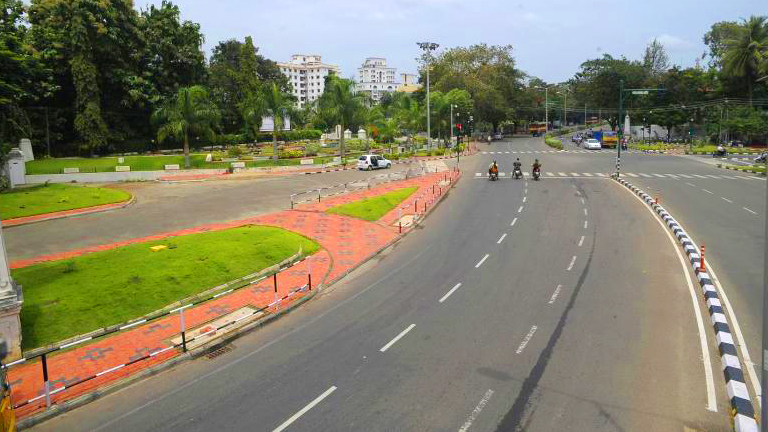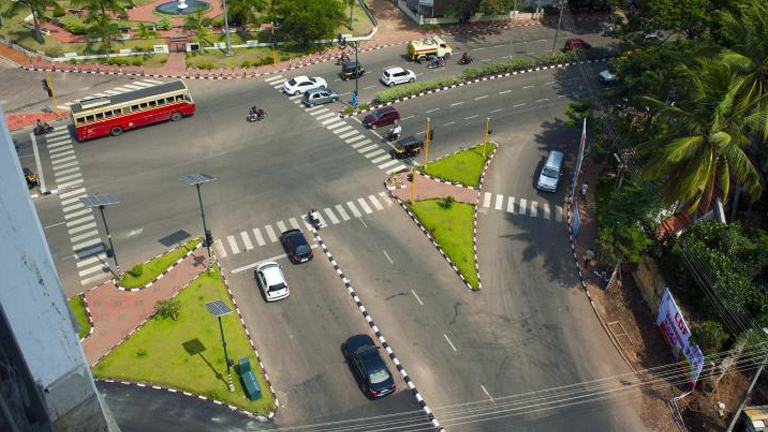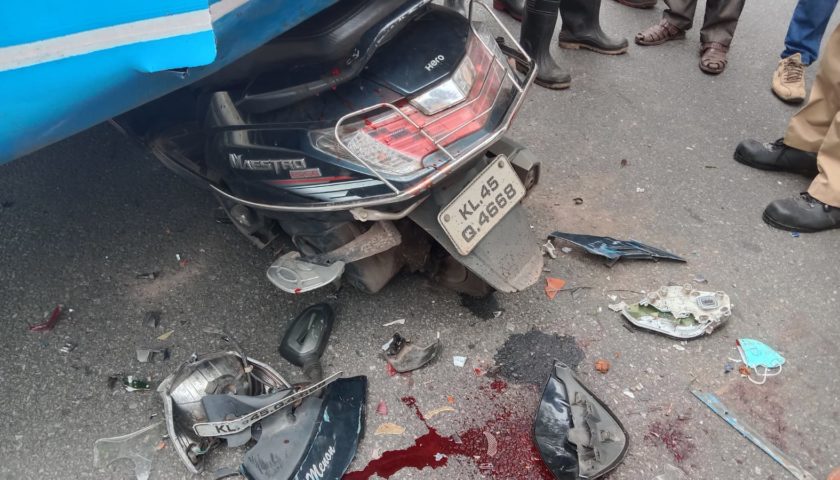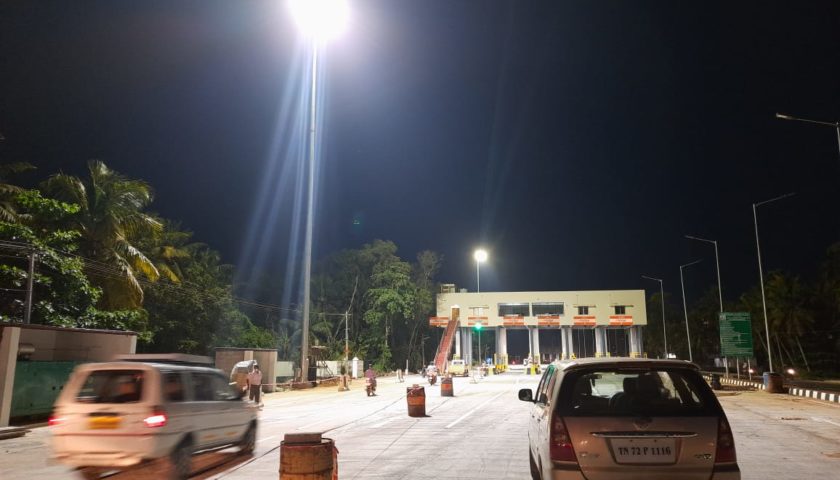TrivandrumLife.Com>> PPP (Public Private Partnership) model has come into heated discussions again in connection with the proposal for privatization of Thiruvananthapuram airport. As debate for and against PPP model intensifies, one of the first PPP-model road projects in the state is witnessing new developments. The Kerala Road Fund Board, facilitator of the City Roads Improvement Project, has begun paying adjusted annuity over lapses from the part of project concessionaire and has saved Rs 34 crore since 2018.

The collapse of IL&FS, the parent firm of TRDCL has led to unforeseen developments, including lapses from its part in following the commitments during the operations and maintenance period.
As it entered the operations and maintenance (O&M) phase, City Roads Improvement Project (CRIP) which envisaged development of 42 km city roads through BOT-Annuity mode, is facing various hurdles. The collapse of Infrastructure Leasing & Financial Services (IL&FS), the parent firm of Thiruvananthapuram Road Development Company Limited, which is the concessionaire of the project, has led to unforeseen developments, including lapses from its part in following the commitments during the O&M. In order to compensate this, the Kerala Road Fund Board, facilitator of the project, has been paying an adjusted annuity.
Since 2017, the Kerala Road Fund Board, facilitator of the project, had been complaining about the lapses from the part of TRDCL in carrying out road maintenance works. One of the recent issues is the failure of TRDCL to draw road markings in the stretch from LMS to Attakulangara. Following the delay, the KRFB has started the work by arranging another contractor. As per the agreement between KRFB and TRDCL, if the concessionaire failed to do work, the facilitator could arrange another contractor and reimburse 1.5 times the amount from the concessionaire. The KRFB has initiated steps to reimburse the money from TRDCL.
ISSUES GALORE
The CRIP was implemented as BOT-Annuity mode with half yearly annuity of Rs 17.749 crore. The KRFB has to pay a total of Rs 181.4 crore as annuity to TRDCL for development and maintenance of 42 km roads in the city. However, due to delay in handing over land on time, the project was dragged into an arbitration, which resulted in payment of Rs 121.95 crore to TRDCL in 2009. Though KRFB, PWD and TRDCL had signed agreement in March 16, 2004 with a plan to complete in 32 months, the project was finally completed only in 2016. It faced lot of issues ranging from delay in getting land to shifting of utilities. After completion of the road, TRDCL is responsible for maintenance for a period of 15 years. For some projects like Kowdiar-Vellayambalam, the maintenance contract is set to expire in three years.

Due to delay in handing over land on time, the project was dragged into an arbitration, which resulted in payment of Rs 121.95 crore to TRDCL in 2009.
Despite failing in roughness test, the TRDCL refused to take up maintenance works of several roads, creating a dispute between the KRFB and TRDCL. The reluctance from the part of TRDCL to do maintenance works was criticized by Comptroller and Auditor General in 2018. Following delay in maintenance, KRFB began adjusting the annuity payment.
Among the various issues, reluctance from the part of TRDCL in accepting independent engineer and insuring the project components had affected the project. As per the agreement, TRDCL should take insurance for all project components so that if accidents happened due to infrastructure issues, the victims will get compensation. Also they could get amount for damage caused to its properties like lamp posts, median cones etc due to accidents. During the initial years of the project, TRDCL had refused to accept observations of Independent Engineer stating that norms were not followed in appointment. Independent Engineer was a crucial component of the project, which should submit impartial reports regarding the project. More issues regarding the project were exposed only in the recent years when Independent Engineers were given more powers to work.
(photo courtesy KRFB.org)


Jisha Surya is a media professional with over a decade of experience in various media houses including The New Indian Express and Times of India. She covers city infrastructure, social issues, and lifestyle stories.





